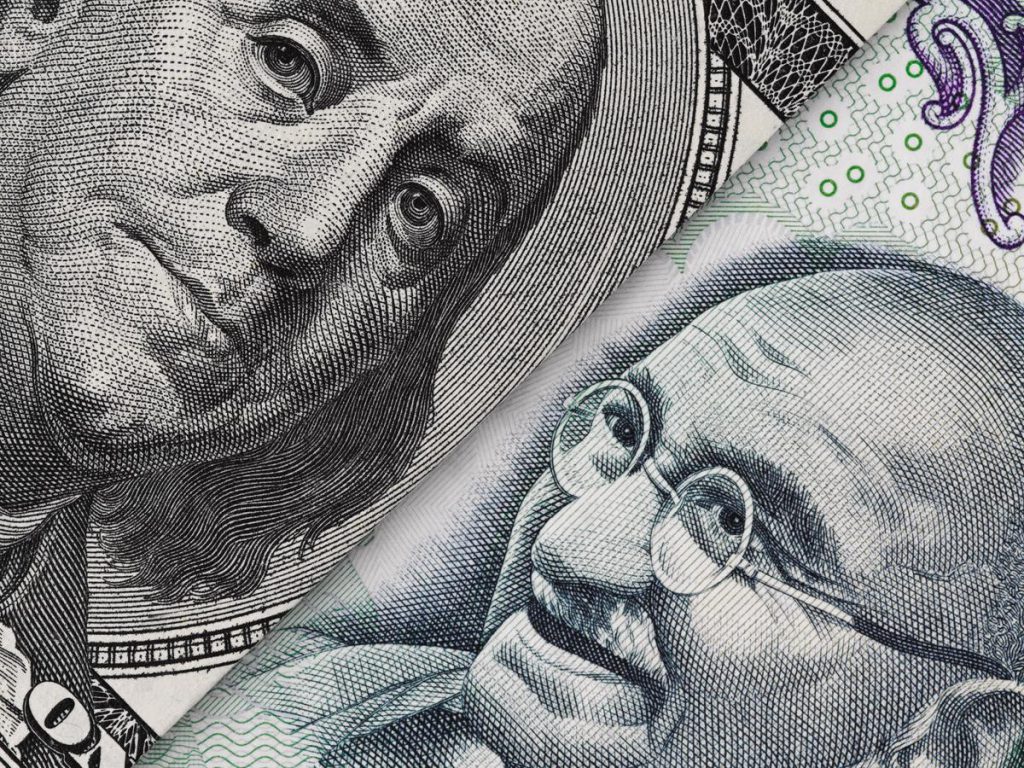The Indian Rupee took the lead this week becoming the top performing currency in the Asian markets for January 2024. The currency remained on a slippery slope in 2023 only to appreciate since the beginning of this month. The markets in India are anticipating billions worth of inflows through bond yields making the Rupee gain strength.
The Rupee outperformed leading Asian currencies like the Chinese Yuan, the Japanese Yen, and the Russian Ruble for three weeks. The Indian Rupee also dominated other Asian currencies to come out on top in the foreign exchange markets.
Also Read: Gold Prices Soar As Feds Plan To Keep Interest Rates Unchanged
While all other Asian currencies depreciated by 1% to 4% this month, the Indian Rupee appreciated by 1% to 2%. In addition, the Indian rupee held on stronger to the U.S. dollar appreciating nearly 0.1% in the dollar index. However, a stronger U.S. dollar is stunting the growth of the Indian Rupee making it unable to break away below the 83 threshold. The USD/INR index settled at 83.15 per dollar on Monday.
“The markets are front-running the anticipated flows through the bond inclusion. That’s possibly the reason why the rupee has remained largely stable,” said Indranil Pan, Chief Economist at YES Bank to Business Standard.
Also Read: BRICS: Morgan Stanley Predicts Future of the U.S. Dollar
The Indian Rupee Could Rise Further In 2024


Forex investors are betting big on the Indian Rupee in 2024 as offshore banks advised clients to use the Put option in the INR/USD trading pair. Data from offshore banks indicate that the Indian Rupee could outperform the US dollar this year in 2024.
Also Read: BRICS Expansion a Threat To SWIFT Payment System & US Dollar
A Put option allows investors to sell the USD-INR pair at a particular rate called the strike price. The buyer pays a small amount as fees for the option while losses are limited only to the premium paid.
“Offshore, nearly all banks are calling on their clients to take long positions (on the Rupee). Whether via outright or Put (USD/INR) options,” said a Portfolio Manager at a Singapore-based hedge fund to Reuters.





